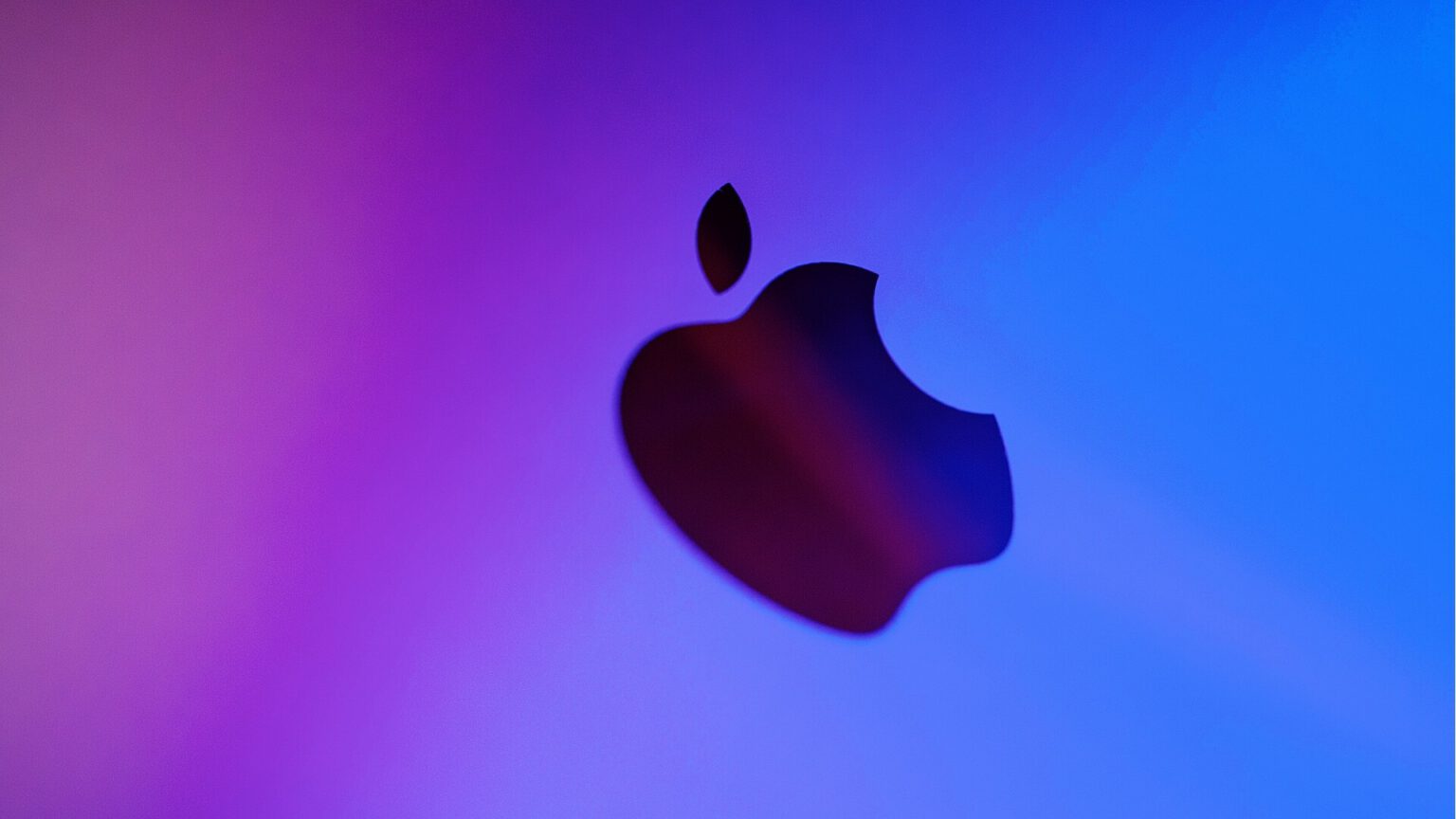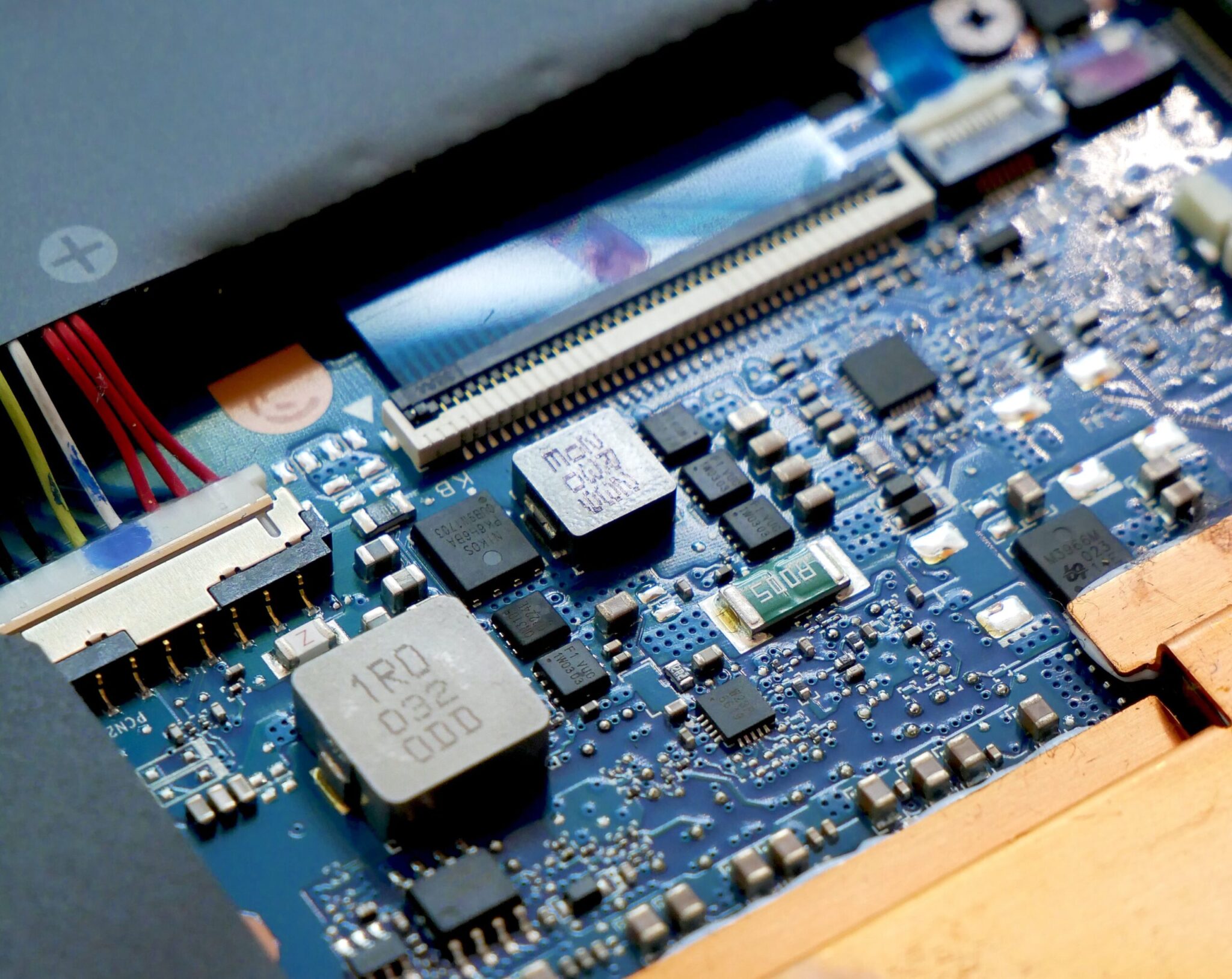Apple is in preliminary talks with Google to use its Gemini AI model to fundamentally overhaul its Siri voice assistant. This move, albeit at an early stage, signals growing pressure on the Cupertino-based company to catch up in the field of generative artificial intelligence. It could mark a strategic shift in Apple’s approach to developing key technologies in-house.
The decision to seek an external partner stems from internal challenges. The long-announced Siri upgrade to introduce advanced features based on the user’s personal context has encountered engineering problems, causing the project to be delayed for at least a year. At the same time, competitors such as Google and Samsung have dynamically integrated generative AI into their flagship products, leaving Apple behind. Historically, Siri has been inferior to Google Assistant and Alexa in its ability to handle complex queries and deeper integration with third-party applications.
The potential partnership carries significant implications for both giants. For Apple, it would be a pragmatic way to rapidly deploy an advanced language model across its ecosystem and dramatically improve the usability of Siri for its more than one billion users. For Google, on the other hand, a licensing deal with its biggest rival would be a huge commercial success and a validation of the market strength of the Gemini model. However, such a collaboration would inevitably draw the attention of antitrust regulators, given the agreement already in place for the default search engine in Safari.
A final decision has not yet been made and is expected in the next few weeks. Apple is still considering using its own internally developed models. The company has also been in talks with other AI market leaders, including OpenAI and Anthropic. Regardless of the choice of partner, the direction is clear – Apple is looking hard at technology so that the new version of Siri, expected next year, can compete effectively on the new AI front.












